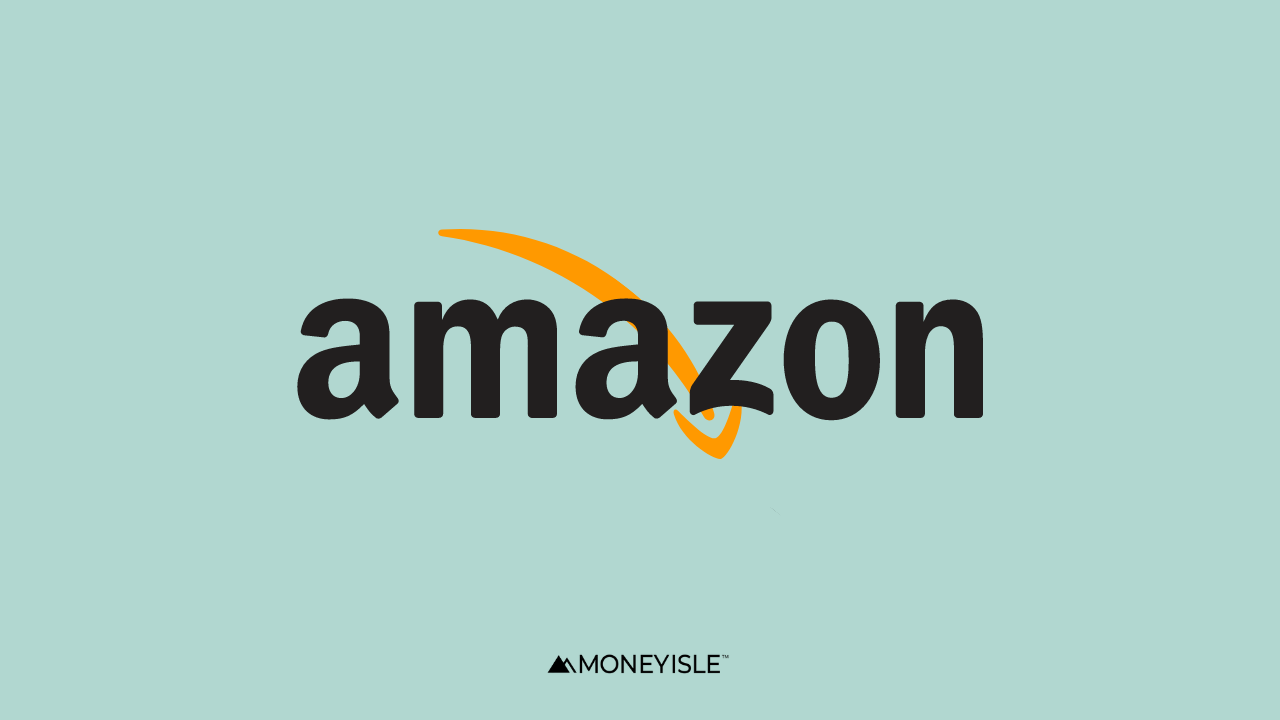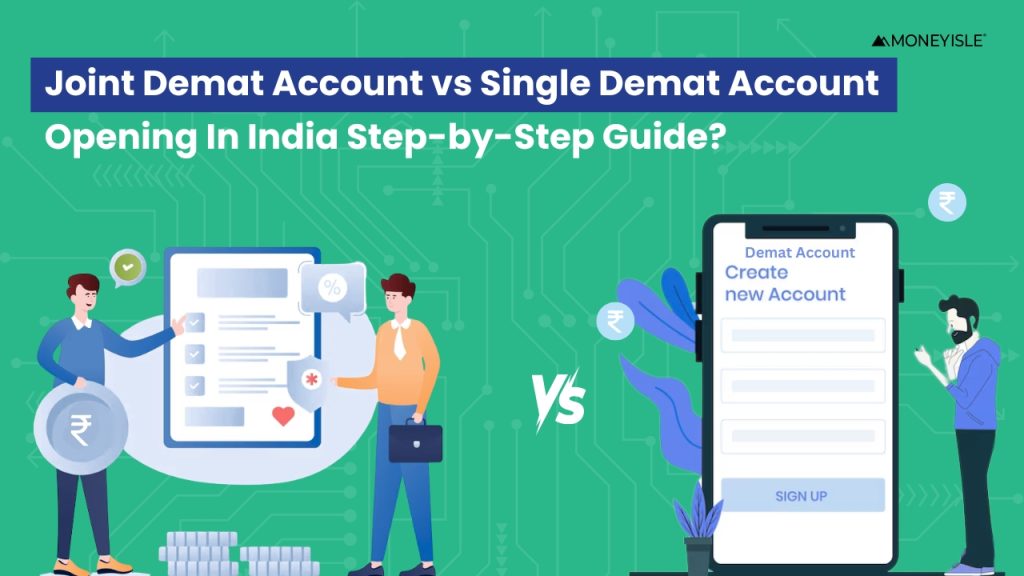What’s the first brand that comes to your mind when you hear the word ‘online shopping’?
Probably Amazon, right?
Over the last few years, Amazon has pretty much established itself in India. With services such as Amazon Prime covering Prime Video and Prime Music, the entire platform is doing it all to establish itself in the Indian market.
However, it seems that no matter what, there are some loopholes that even Amazon can’t get around to.
See, Amazon is a tech giant globally. With a reputation of having a great presence in 100+ countries, it shouldn’t be a problem for it to establish itself in India at all.
But it seems like that isn’t exactly happening yet.
Why?
Well, we have a few reasons.
The competition
Amazon has a good product mix. But it seems like that is exactly the problem as well. Amazon has been a leading competitor in the electronics and home appliance market. But since these are low-margin businesses, Amazon usually has a margin of less than 5% in most use cases.
Platforms like Snapdeal and Shopclues have pretty much become an afterthought for most consumers in India. But that doesn’t mean that we can completely overlook one of Amazon’s biggest competitors in India – Flipkart.
Right now, Flipkart is generating more interest and loyalty around it than ever. With flagship devices and smartphones choosing Flipkart as its primary launching platform, Amazon is biting the dust in many cases.
The accessibility
In the same way, the fashion and beauty industry is also defeating Amazon more than ever right now. AJio, a huge apparel site is also slowly catching up to Amazon. In fact, most consumers don’t even choose Amazon as its primary shopping site when it comes to apparel and beauty products.
Ecommerce platforms like MyGlamm have been generating a lot of interest from Tier 2 and Tier 3 cities, a market that Amazon is barely able to tap so far.\
The bias?
When the story of Amazon favoring its own products over others broke out, most D2C sellers realized that they really can’t completely depend on Amazon for their bread and butter.
To make matters worse for Amazon, platforms like Meesho allow small businesses to connect directly to their consumers via a direct method of communication, preferably WhatsApp, something which is hitting Amazon hard.
And since small parts of the cities are also ordering like regular people now, it only makes sense when we see platforms having so many competitors.
Now while Amazon might not exactly be quiet about it [considering their investment in MyGlamm], it still might be a while before we see Amazon way ahead of its competition.
Till then, let us sit at the back and watch…











